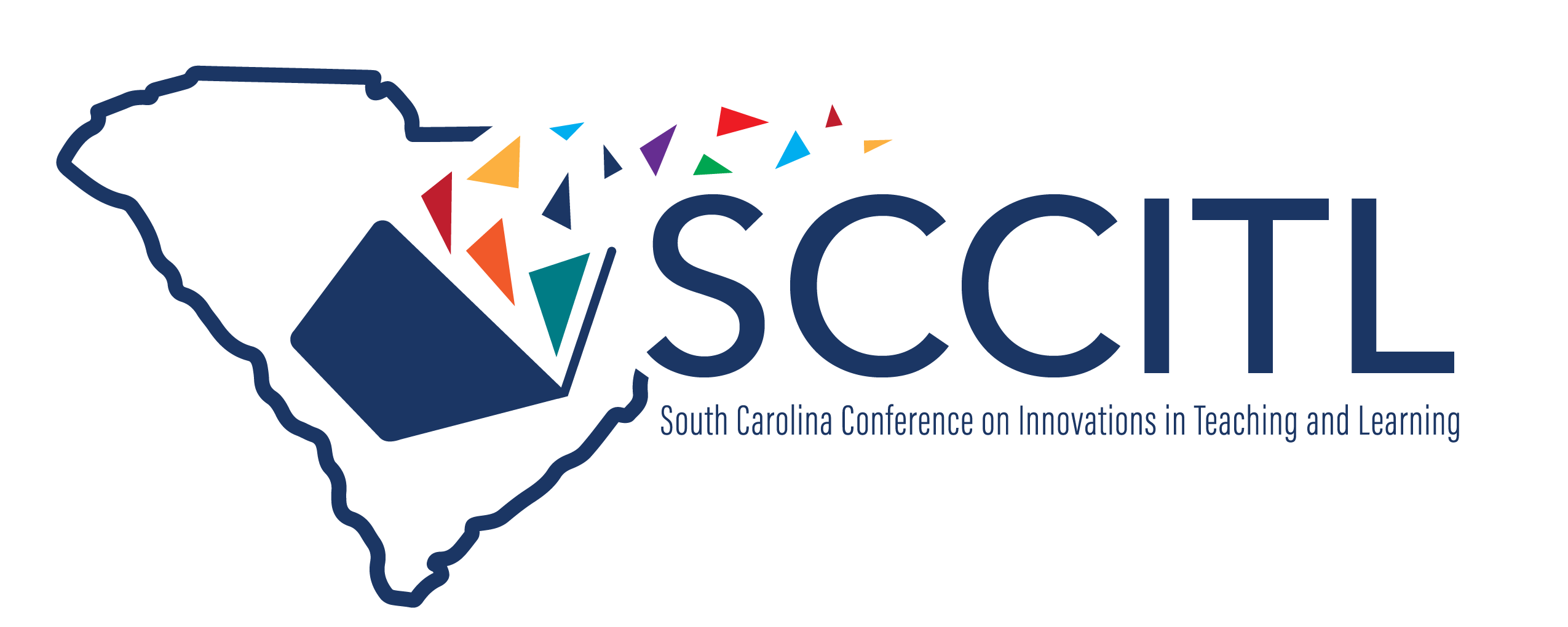The Voices in My Head: Cultivating Inner Dialogue for Critical Thinking Across the Curriculum
Track Choices
Engaging Pedagogy
Abstract
Educators often express frustration or even jaded apathy at students' seemingly superficial engagement with the "big questions" in the classroom and critical thinking in general. With almost twenty years of teaching in higher education I understand this disappointment, but I want to suggest that students may not have received adequate instruction on cultivating such "habits of the mind," and that the underperformance nationwide in critical thinking is the result of how students are often educated before attending college, and not the result of inability or unwillingness. K-12 schooling frequently focuses on the lower levels of Bloom's Taxonomy such as memorization and basic comprehension, a tendency that can be easily understood within the context of pedagogical history, overcrowded classrooms, and high-stakes standardized testing. But hope is not lost. We can do a better job of teaching these important higher order thinking skills (HOTS) if we reflect on how we engage intellectually with ourselves, model this internal dialogue for our students, and then walk them through the experience while making it relevant to their success beyond the college classroom. Sparked in part by the 2021 Ethan Kross book Chatter and drawing on composition pedagogy and cognitive psychology, this roundtable discussion will promote awareness about the intellectual moves we may make without thinking about them and workshop strategies for all educators to illustrate such internal behavior to our students. While my own initial experience with modeling and coaching HOTS comes from literature and writing, this project is deeply invested in reaching across the curriculum because habits of the mind need to be fostered in every class at every opportunity, particularly in an effort to bring marginalized students up to the same speed as their more privileged classmates who may have benefitted from small class sizes, a tailored education, and the cultural capital of college-educated parents.
The Voices in My Head: Cultivating Inner Dialogue for Critical Thinking Across the Curriculum
Zoom Room 3
Educators often express frustration or even jaded apathy at students' seemingly superficial engagement with the "big questions" in the classroom and critical thinking in general. With almost twenty years of teaching in higher education I understand this disappointment, but I want to suggest that students may not have received adequate instruction on cultivating such "habits of the mind," and that the underperformance nationwide in critical thinking is the result of how students are often educated before attending college, and not the result of inability or unwillingness. K-12 schooling frequently focuses on the lower levels of Bloom's Taxonomy such as memorization and basic comprehension, a tendency that can be easily understood within the context of pedagogical history, overcrowded classrooms, and high-stakes standardized testing. But hope is not lost. We can do a better job of teaching these important higher order thinking skills (HOTS) if we reflect on how we engage intellectually with ourselves, model this internal dialogue for our students, and then walk them through the experience while making it relevant to their success beyond the college classroom. Sparked in part by the 2021 Ethan Kross book Chatter and drawing on composition pedagogy and cognitive psychology, this roundtable discussion will promote awareness about the intellectual moves we may make without thinking about them and workshop strategies for all educators to illustrate such internal behavior to our students. While my own initial experience with modeling and coaching HOTS comes from literature and writing, this project is deeply invested in reaching across the curriculum because habits of the mind need to be fostered in every class at every opportunity, particularly in an effort to bring marginalized students up to the same speed as their more privileged classmates who may have benefitted from small class sizes, a tailored education, and the cultural capital of college-educated parents.


